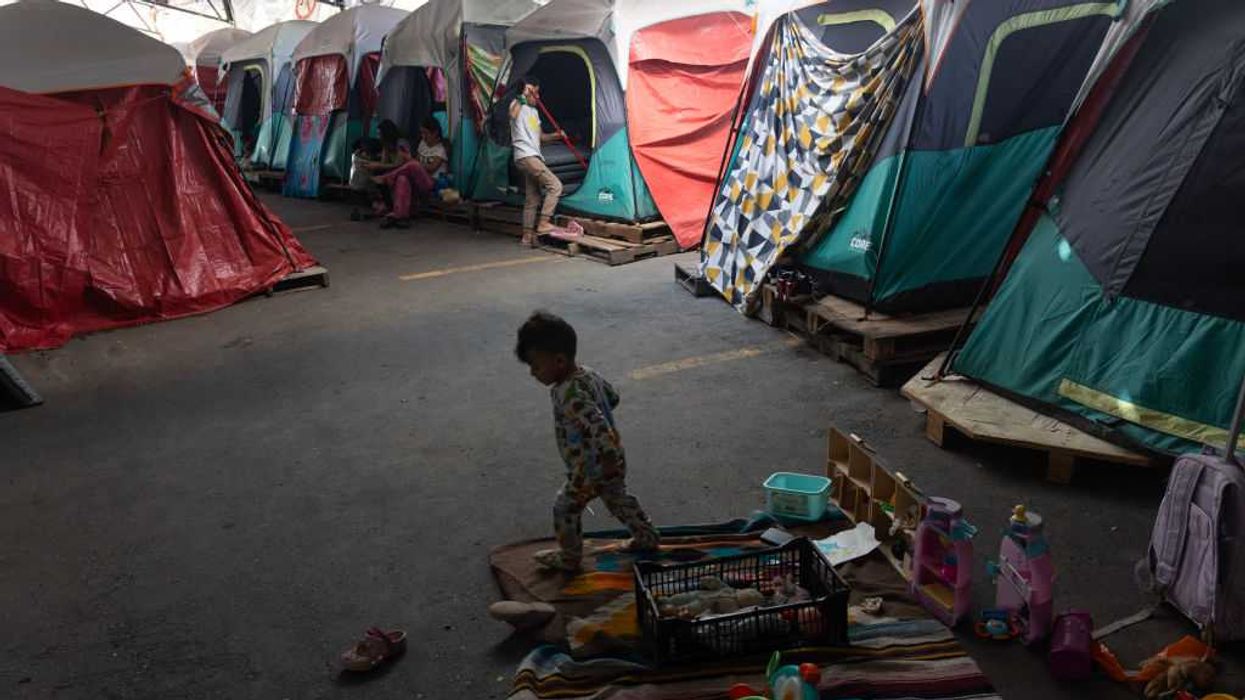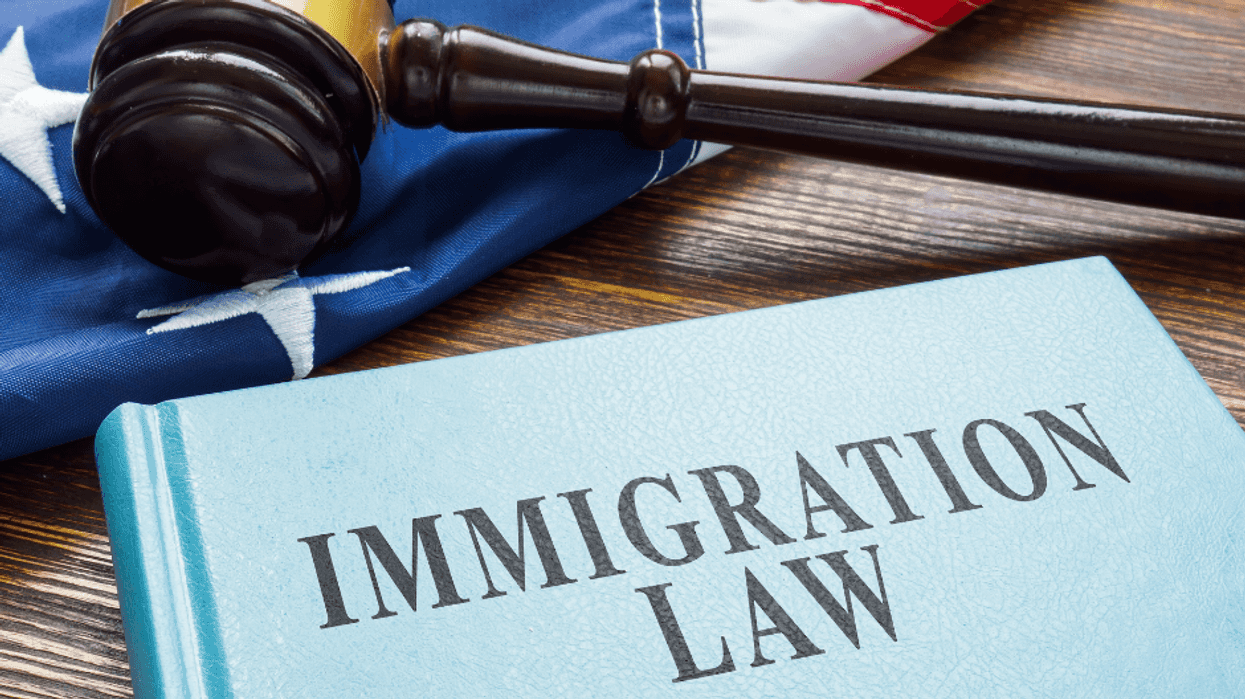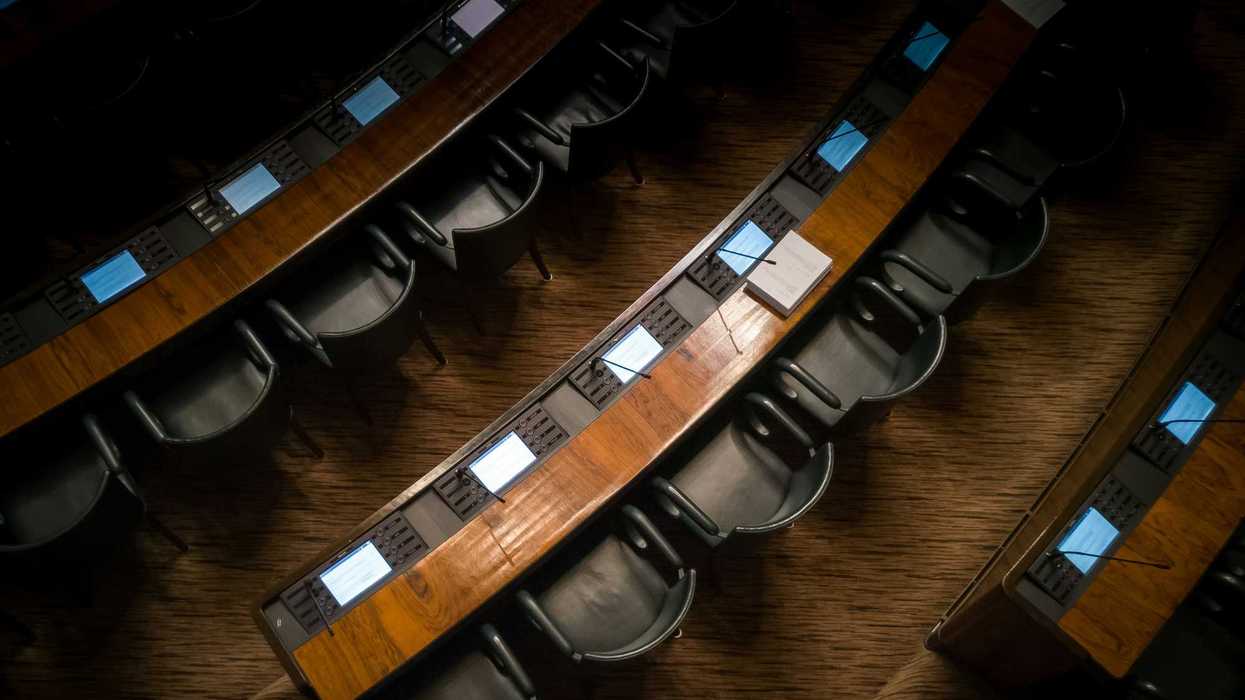On October 3, 2025, the U.S. Supreme Court cleared the way for Department of Homeland Security Secretary Kristi Noem to end Temporary Protected Status for roughly 600,000 Venezuelans living in the United States, effective November 7, 2025. Although the exact mechanisms and details are unclear at this time, the message from DHS is: “Venezuelans, leave.”
Proponents of the Administration’s position (there is no official Opinion from SCOTUS, as the ruling was part of its shadow docket) argue that (1) the Secretary of DHS has discretion to determine designate whether a country is safe enough for individuals to return from the US, (2) “Temporary Protected Status” was always meant to be temporary, and (3) the situation in Venezuela has improved enough that Venezuelans in the U.S. may now safely return to Venezuela. As a lawyer who volunteers with immigrants, I admit that the two legal bases—Secretary’s broad discretion and the temporary nature of TPS—carry some weight, and I will not address them here.
Instead, I write today to highlight what I believe is an imminent human rights crisis that should influence Secretary Noem’s determination whether Venezuela is a safe place to send 600,000 human beings. On one hand, it is well known around the globe that Venezuela’s Nicolás Maduro is a brutal dictator bent on absolute power at all costs. On the other hand, based on allegations that Maduro is facilitating narcotics trafficking, President Trump is aggressively increasing pressure on the Maduro regime, possibly seeking regime change (Maduro’s opposition leader, María Corina Machado, a recent recipient of the Nobel Peace Prize, has been openly lobbying for President Trump’s intervention). Caught between these two opposing perilous forces, 600,000 Venezuelans fled to the U.S. to escape Maduro and the disastrous conditions he has created for all Venezuelans.
How Did We Get Here?
In 2021, the Department of Homeland Security determined that Venezuela was experiencing “extraordinary and temporary conditions” that prevented Venezuelans in the U.S. from returning safely. This determination triggered DHS to offer Temporary Protected Status to eligible Venezuelans in the U.S. This 2021 determination found that the circumstances in Venezuela were dire, in large part, due to former Venezuelan President Nicolás Maduro’s campaign to upset Venezuela’s democratic processes and consolidate the power of the government in himself and his trusted inner circle. The determination cited Maduro’s political machinations, crimes against humanity, and his regime’s disastrous initiatives that collapsed the economy, the health care system, the food distribution system, and public utilities. That the country with the largest oil reserves in the world should find itself in these dire straits is a testament to Maduro’s myopia, placing himself first with zero concern for the 32 million people that live in Venezuela.
Even before Maduro’s 2018 power-grab, his regime was repeatedly and credibly accused of crimes against humanity (see, e.g., the 2014 Report by the U.N. Human Rights Council’s fact-finding mission into alleged abuses). The brutality of the Maduro regime has only intensified as Maduro continues his assumption of absolute political power. A 2024 investigation by the U.N. Human Rights Council found credible evidence to support allegations of Maduro’s continued crimes against humanity, such as torture (including beatings, suffocations, electrical shocks, and sexual violence against women and children), violent and deadly repression of pro-democracy demonstrations, arbitrary arrests and detentions, and disappearances. While the list goes on, the summary is brief: Maduro will do anything to stay in power.
U.S. Pressure Campaign
President Trump’s Administration would like to see Maduro deposed. Since the beginning of this year, the U.S. has built up its military presence in the region. In January, the U.S. military had relatively few people, planes, or ships near Venezuela. Today, the U.S. has stationed 10% of the Navy’s actively deployed fleet in nearby waters, including the U.S.S. Gerald R. Ford—the Navy’s largest aircraft carrier —and has deployed thousands of Marines as well.
In August of this year, Attorney General Bondi authorized a reward of $50,000,000 for facilitating the arrest of Maduro. Recently, it has been widely reported that U.S. officials attempted to leverage that reward to encourage Maduro’s pilot to divert a routine flight into a jurisdiction where the U.S. could extradite him. On October 16, President Trump publicly acknowledged that he authorized the C.I.A. to engage in operations within Venezuela. Ten days later, Maduro announced that he had captured individuals he believes are connected with the CIA in a plot to incite and justify armed hostilities between Venezuela and the U.S.
Each day brings more reports of the U.S. Armed Forces destroying vessels with alleged ties to Venezuelan drug trafficking. 64 individuals have been killed as of this writing. Detailed information on the attacks is not available. While it’s clear not all deceased are Venezuelans, they have been the explicit targets of attacks for which the Department of War has made country of origin information publicly available.
A Recipe for Human Rights Abuses
In light of President Trump’s intensifying pressure on Maduro and Maduro believing that he has already discovered two U.S.-backed attempts to oust him from power, how will Maduro now treat the 600,000 Venezuelans arriving from years in the U.S.?
It’s said that history doesn’t repeat itself, but it rhymes. Unfortunately, dictators throughout history and around the globe follow the same cursed limerick - when their power is challenged, they brutally reassert it. If history is any guide, a mass torturer viewing himself in a struggle for survival with forces both within his country (the pro-democracy movement led by María Corina Machado) and from outside (President Trump’s increasingly aggressive display of power) will view any new arrivals as potential provocateurs, particularly when those arrivals return from a country that is openly challenging the mass torturer’s power. Given Maduro’s track record of human rights violations and torture, the probability is extremely high that many former TPS recipients will be detained in overcrowded prisons. At the same time, the Maduro regime interrogates them, likely using its violent prior practices.
Do we really have the stomach to send 600,000 humans into the “mouth of the shark,” as Warsan Shire powerfully described escaping brutality in her poem “Home?” How much torture is OK? A practical solution is extremely simple: delay DHS enforcement of non-violent Venezuelans with current TPS status as of November 6. With the stroke of a pen, Secretary Noem can prevent an imminent human rights crisis while still allowing the removal of violent criminal immigrants, whom most Americans agree should be the target of ICE action. Delayed enforcement of the end of TPS for Venezuelans has little cost or risk to the U.S. Prematurely sending those Venezuelans risks an eternal miasma of blood on our hands.
The U.S. Supreme Court has upheld Secretary Noem’s power to end TPS; the question is whether she has the judgment to stay her hand.
Jordan Martell has nearly 20 years of experience practicing law, primarily as in-house counsel for financial services firms. His passion is pro bono legal representation, where he spends most of his volunteer time working with immigrants.




















Why does the Trump family always get a pass?